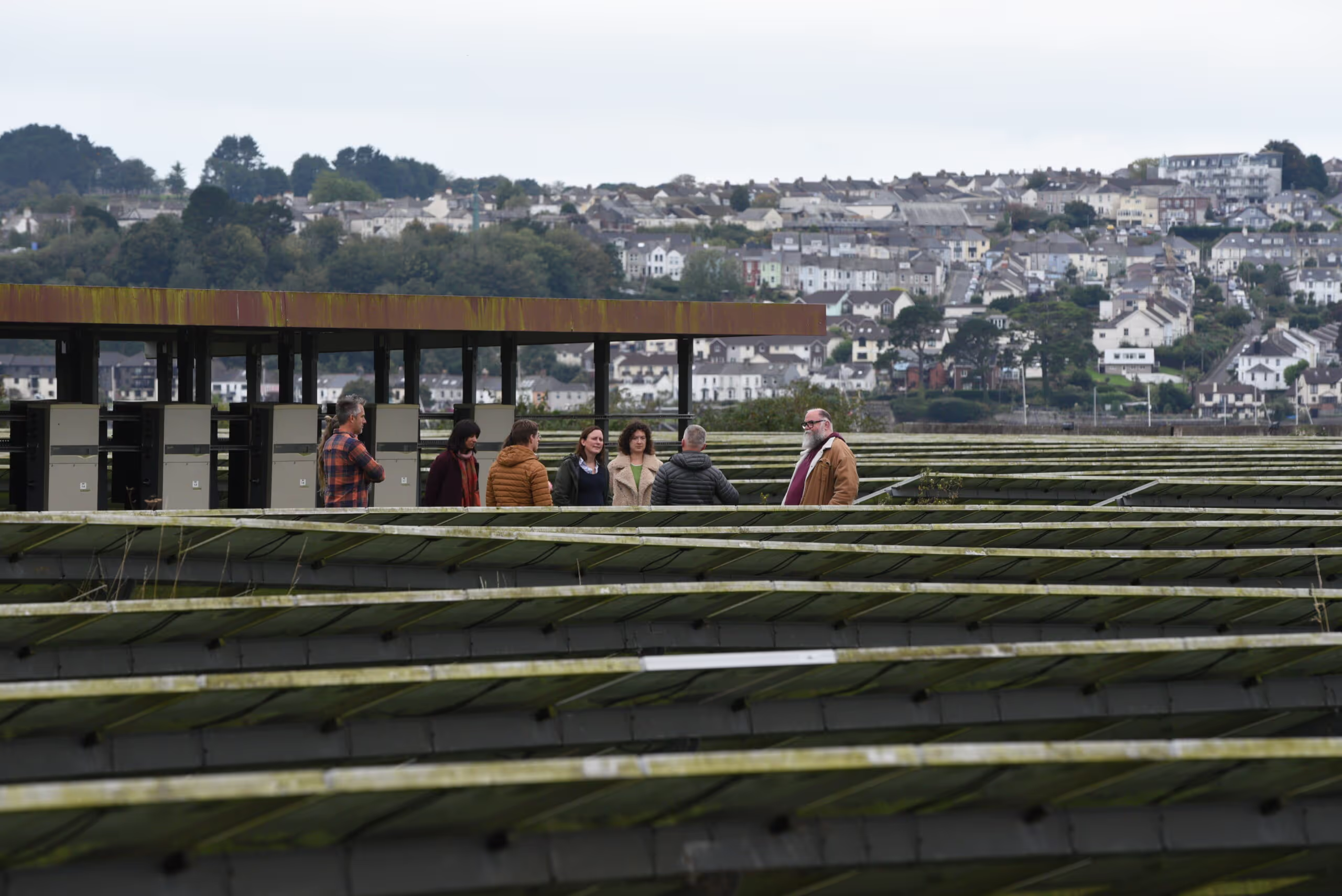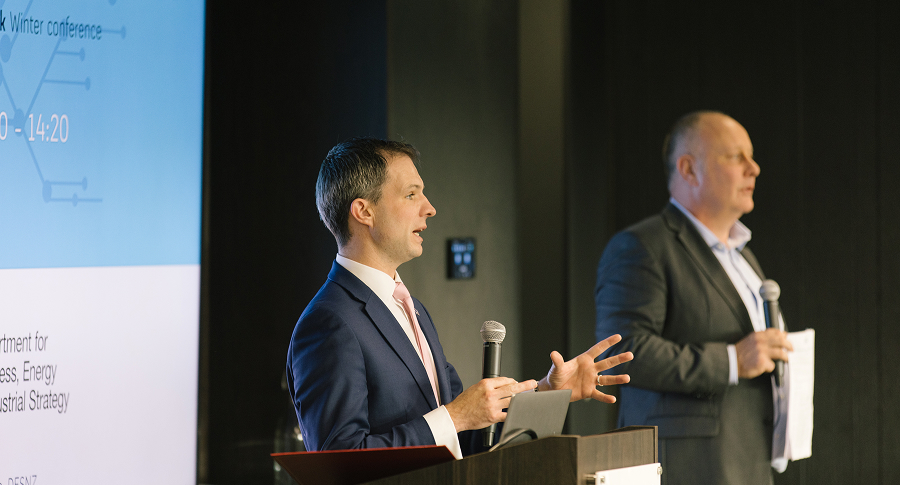Regen has submitted two responses to Ofgem's consultation on the Regional Energy Strategic Plans policy framework. Here, we summarise the key recommendations from the Regen and Net Zero Living responses.

Regen has submitted two responses to Ofgem's consultation on the Regional Energy Strategic Plans policy framework. Here, we summarise the key recommendations from the Regen and Net Zero Living responses.

The Regional Energy Strategic Plans (RESP) framework represents a step-change in the planning and delivery of our energy system – one that has strong support across industry, local authorities and stakeholders.
As the UK government accelerates its efforts to decarbonise the energy system through initiatives such as Clean Power 2030 and the Strategic Spatial Energy Plan, RESPs will provide a vital change in energy governance, emphasising the role and importance of places and people in developing infrastructure that can boost economic growth and deliver net zero.
Regen welcomes Ofgem’s introduction of the Regional Energy Strategic Plans policy framework and has submitted two responses to its recent consultation:
We’ve engaged stakeholders across the energy system, including local authorities, community energy organisations, distribution network operators, developers and policy experts. Throughout this process, we found that stakeholders were aligned with some of the key principles that will define the detailed design of the RESP.
Throughout this process, we found that stakeholders were aligned with some of the key principles that will define the detailed design of the RESP:
Local authorities do not plan in vectors in the same way as the energy system. They plan for their whole place, considering economic growth, social value and underrepresented communities alongside net zero goals.
There is strong support to add a fifth guiding principle to RESP framework based on a just transition; to reflect the social value lens and how local authorities create their plans for places within energy system development.
The ways in which just transition principles could be embedded in the RESP include:
Processes for local and regional energy planning already exist in most places, with innovation under way to make these more integrated and dynamic. Network processes for forecasting of load growth and network planning are based on extensive engagement activities with customers, local authorities and other stakeholders. Local authorities likewise are increasingly delivering their own local energy and decarbonisation plans. The National Energy System Operator (NESO) should build on this work and support shared learnings, coordination, and consistent standards, assumptions and outputs.
It will be critical to ensure that there is a smooth and simple process by which local authorities submit their data – both for the RESP process and for energy network planning processes.
The RESP provides a clear opportunity to streamline the current data sharing and collection arrangement, which is done separately by each energy network and each with its own nuances.
NESO and networks should develop a ‘touch-once’ system that enables local authorities to submit their data once per year, which can then be accessed by both the RESP and networks for their respective modelling processes.
To get the most value out of RESPs, local authorities must be equipped to engage effectively with new governance and data processes. Local authorities have no clear statutory function on energy or net zero and struggle to compete with statutory functions within their organisations for time and resources.
There is also a lack of specialised energy knowledge across local authorities – either because the knowledge doesn’t exist within the organisation or is sat with particular individuals in siloed directorates. The RESP provides an opportunity to develop valuable resources that help upskill and empower individuals and organisations to engage effectively with the energy system.
NESO should work collaboratively with local authorities, and take learnings from ongoing energy planning innovation projects, to co-create and embed the tools, data and resources that will upskill authorities and add value to local planning.
Regional governance will be key to guaranteeing democratic input and oversight of RESPs. To do this, Ofgem has proposed two main mechanisms:
Different regions will have different priorities and stakeholders. The needs or key players in Dundee will be different to those in Devon. As such, these regional governance structures must be flexible to regional differences, allowing places to shape decision-making arrangements, integrate regional governance with existing processes (e.g. combined authority boards), and for significant regional stakeholders to have clear avenues for input.
Underpinning this, we heard from our stakeholders in both our Roadmap to RESP and Net Zero Living projects that citizens and communities should be represented within regional governance to ensure that RESPs reflect social and economic as well as energy system needs. For instance, this could be through appointing fuel poverty, trade union or community energy organisations to the strategic board, or by establishing a dedicated working group to deal with social issues specifically.
This representation will be crucial to enabling a just transition to clean energy in a way that reflects regional ambitions and priorities.
There is no perfect way to start the RESPs. Each region will be unique in its characteristics and its ambitions. NESO should focus on getting started in each region, establishing teams that can engage with key stakeholders and understand their different needs.
NESO should work to quickly establish the strategic boards and working groups in 2025. This can allow RESPs to meaningfully inform the networks’ RIIO-3 Business Plan period, starting in 2026, ensuring regional ambitions are accounted for within these and laying groundwork for a shared understanding and collaboration on regional energy activities.
Ultimately, it will be this shared understanding and collaboration that will ensure success from RESP process, and deliver a network that works for people, places and the energy system to boost local economies and enable net zero.
Sign up to receive our monthly newsletter containing industry insights, our latest research and upcoming events.